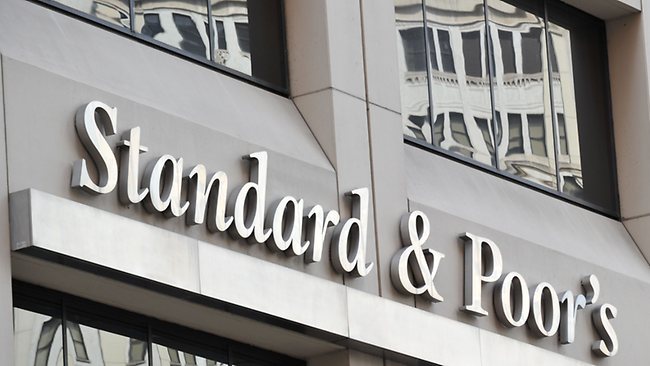Minister of Finance Mohamed Moeit has confirmed that Standard & Poor’s (S&P) decision to maintain Egypt’s outlook at stable and the ‘B-B’ long- and short-term local and foreign currency sovereign credit ratings, reflects international confidence in the local economy.
It also highlighted the confidence of international institutions in Egypt’s ability to deal with the ongoing coronavirus crisis, he added.
The Egyptian leadership’s economic, monetary, and financial reforms over the past few years have allowed a degree of economic solidity. This has enabled the country’s economy to deal with internal and external challenges and shocks.
Moeit added that the S&P decision also reflects the institution’s positive evaluation of the government and Ministry of Finance’s economic and financial policies in dealing with the current crisis.
A degree of balance in the policies and procedures has been used to support affected economic sectors. This has taken place without the need for severe measures that may affect the Egyptian economy’s ability to recover rapidly after the current exceptional situation.
Moeit stressed that the supportive policies that have so far been taken by the government and the Central Bank of Egypt (CBE) contribute to cushioning Egypt from crises that threaten economic sustainability and stability.
Since 1 March, the top three international credit rating agencies, S&P, Moody’s, and Fitch Group, have all made adjustments to their credit ratings of 47 countries. Of these countries, 11% were in the Middle East and North Africa region, while the credit rating of only 12 countries, including Egypt, was maintained.
Even though S&P’s report on the Egyptian economy’s performance expects a short-term and temporary decline in local growth rates, besides pressures on fiscal indicators, debt, and balance of payments performance, Moeit believes these effects can still be contained and dealt with.
He said that S&P experts expected improvements and a positive path of global financial and indebtedness indicators starting from the fiscal year (FY) 2020/21.
He added that the report positively referred to several alternatives that the Egyptian government can make use of to finance its financial needs. This can take place through the international bond markets or resorting to international financing institutions, such as the International Monetary Fund (IMF), the World Bank, the African Development Bank, and other international and regional institutions.
S&P expects the current account deficit to rise by the end of FY 2020/21, whilst praising the size of the CBE’s foreign exchange reserve. S&P also praised the CBE’s ability to cover five to six months of commodity imports into the country.
The report also stressed the government and Ministry of Finance’s ability to return to the downward path of public debt to GDP ratio starting from FY 2021/22, whilst returning economic activity to normal, with a growth forecast of 2.8% in 2020, affected by the tourism halt and decline in short-term energy investments due to the coronavirus.
S&P’s updated expectations indicate that Egypt’s economic recovery is likely to start from the second half of 2021. This is supported by improved consumption rates, and the beginning of recovery in rates and values of public and private investments.




